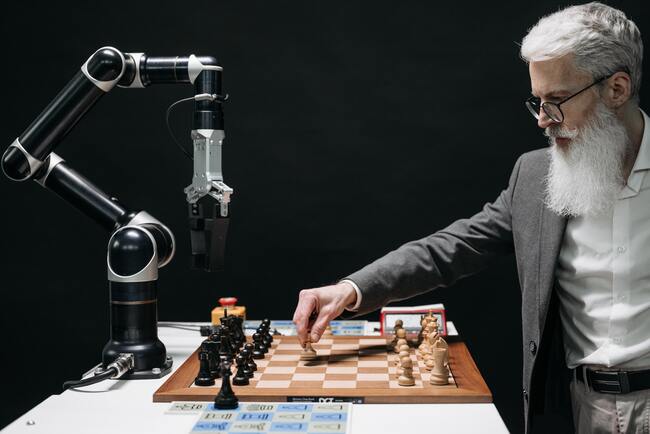Bristol-based documentary production company, The Abundance Film, has recently altered their name and launched a new website. Now called See Through Stories, the group were formerly focused on making a single high-impact feature documentary for a private client. Now they’re actively looking to secure new commissions for producing purpose-led documentaries or TV series. Furthermore, they’ve rethought and evolved their mission, actively working toward environmental and social change through sustainable filmmaking.
See Through Stories produces high-end, specialist-factual feature documentaries and TV series in response to the current ecological crises. It’s their intention to bring a fresh, forward-thinking mindset to the making of films and digital content that explores human relationships with the rest of the natural world. Through their projects, they seek to ignite conversations about key environmental and social issues. Their mission is to inspire change through purpose-led storytelling.
The small team at See Through Stories has valuable industry expertise under their belt. Company Director Jon Clay brings over 25 years of experience in the natural history and environmental filmmaking sector. He’s made award-winning films for international audiences, worked on the BBC documentary TV series South Pacific, Tribe and Wonders of the Monsoon, and produced and directed the Netflix feature documentary Breaking Boundaries. He also produced David Attenborough’s speech to world leaders at COP26 in 2021. Producer Ana Taboada got her start in environmental filmmaking working alongside Jon on Breaking Boundaries and The Earthshot Prize. She went on to produce and direct The Peak. The team also includes a specialist impact researcher, reflecting the importance they place on drafting impact strategies right at the start of a project’s development.
The team at See Through Stories recognise that there is a shift taking place in audiences’ appetite for impact-driven films and they’re taking big strides to deliver this type of content. Leaning into a theory of change, they have their sights set on two initiatives: they’re working to create films that empower audiences to question the status quo by calling out corrupting stories and assumptions; and they’re also shining a light on healthier perspectives that can inspire audiences to imagine better futures.
“Big attention-grabbing films and series have the potential to create ‘cultural moments’ that ignite national and global conversations about issues that really matter, and open up the space for a plethora of additional content and ideas.” – Jon Clay, Director
Shifting the cultural perspective of natural history is also an important focus for See Through Stories. They invite collaborations with a wide range of cultures, including marginalised and Indigenous communities In doing so, they seek to freshen the genre and broaden the Western lens of how natural history is viewed on screen.
Bringing Sustainable Filmmaking Into Focus
Reducing their carbon footprint and normalising environmentally responsible filmmaking is a priority for the Bristol-based production company. Through their sustainable practices, they’re imagining a better future for the film industry. Not only do they work to adopt sustainable and equitable practices, but they also make it a point to share what they’re doing with other filmmakers.
Their efforts haven’t gone unnoticed. The environmental organisation, Albert, published a case study about See Through Stories’ first film, Abundance: The Story of Us. Albert helps the TV and film production industry reduce its carbon footprint through the use of their bespoke carbon calculator and other online tools. Their two-part case study examines the green working standards See Through Stories is bringing to the film industry.
Taking their impact-driven philosophy a step further, See Through Stories are changing their articles of association and are now committed to putting profits into new films for social good instead of paying dividends to shareholders. They’re also focused on working with private philanthropists eager to fund high-impact projects that influence change.
Finally, See Through Stories stays committed to promoting a sustainable work culture. They dedicate Fridays to well-being and encourage their staff to get away from their screens and spend time outside. The team also has access to free mental healthcare services.
“Our weekly well-being days aren’t just an extended weekend, they’re essential time away from our screens – ideally spending time in nature – that makes space for creativity and clarity of thought, ensuring our work remains meaningful and fulfilling.” – Jon Clay, Director
Through its entertaining and impactful documentaries, See Through Stories is quickly establishing itself as a production company intent on inspiring change. And by staying at the forefront of sustainable film-making and purpose-led storytelling, they’re being the change their films inspire.


